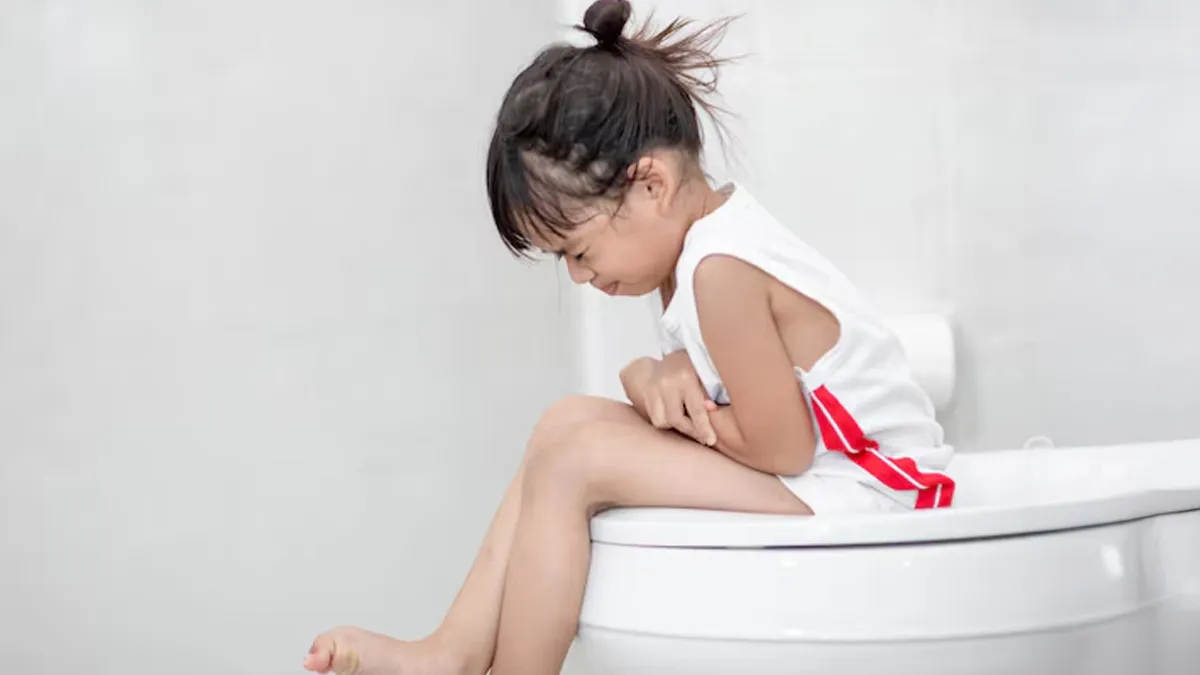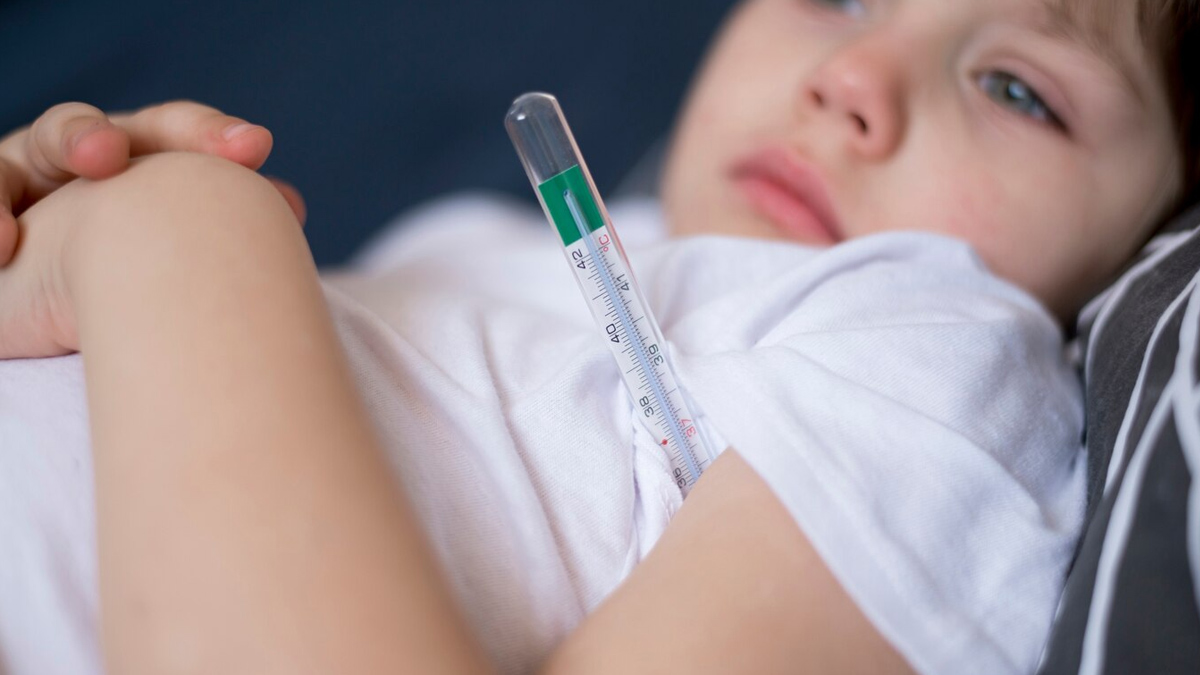
Urinary tract infections (UTIs) in children often go unnoticed due to vague or age-specific symptoms. However, timely recognition and intervention are critical to prevent long-term kidney damage, especially in younger children where infections can be more aggressive.
Table of Content:-
We spoke to Dr G Ravindra Varma, Senior Consultant - Urologist, Paediatric Urologist, Managing Director- Asian Institute of Nephrology and Urology, Vizag, who explained UTI signs in children, diagnosis, and management measures.

According to StatPearls, UTIs are among the most prevalent bacterial infections seen in children. UTIs usually occur when bacteria travel from the urethra into the urinary system. These infections can affect any part of the urinary tract, from the urethra to the kidneys. An upper tract UTI involves the kidneys and ureters, while a lower tract UTI affects the bladder and urethra. Infection terms based on the site include urethritis (infection confined to the urethra), cystitis (infection limited to the bladder), and pyelonephritis (infection that ascends to the kidneys).
Also Read: Why Do UTIs Keep Coming Back? Exploring The Underlying Reasons
Symptoms Of UTIs In Newborns And Children

“In newborns and infants, UTIs may not present with the classic symptoms seen in older children or adults. Instead, signs like fever without a clear source, irritability, poor feeding, or foul-smelling urine may be the only clues. In some cases, jaundice or failure to gain weight may be linked to an underlying urinary infection,” said Dr Varma.
As children grow into toddlers and preschoolers, they may still struggle to express what they are feeling. Frequent urination, burning while passing urine, abdominal pain, bedwetting (in a previously dry child), or sudden urgency should prompt evaluation. Parents should also note any change in urine colour or smell.
In school-aged children, symptoms become more similar to those in adults. Painful urination, increased frequency, lower abdominal pain, and fever are commonly reported. Boys with recurrent infections or girls with their first UTI beyond infancy should be evaluated for anatomical or functional issues in the urinary tract.
Causes Of UTIs In Children
“UTIs in children often result from bacterial infection ascending from the perineum. Constipation, poor toilet hygiene, and structural issues like vesicoureteric reflux can increase the risk. If the infection is recurrent or untreated, it may lead to renal scarring, long-term kidney damage, or hypertension,” explained Dr Varma
According to a 2019 study, UTIs are among the most prevalent bacterial infections in children. In febrile infants, ill children in general practice, and older children presenting with urinary symptoms, around 6-8% may be experiencing a UTI. Additionally, more than 30% of children diagnosed with a UTI will have recurrent infections.
Key risk factors for recurrence include Vesicoureteric Reflux (VUR) and issues related to bladder and bowel function. Older children who are not continent, such as those with developmental delays, are also more likely to experience repeated UTIs.
Also Read: Painful Urination Is A Sign Of UTI, But Can It Also Cause Diarrhoea?
Diagnosing UTI In Children

Parents must not ignore non-specific symptoms in infants and toddlers. Early diagnosis allows for simple treatment and helps avoid complications like kidney scarring or hypertension later in life.
Diagnosis is confirmed by urine tests and culture. In recurrent or complicated cases, ultrasound or MCU (Micturating Cystourethrogram) may be needed to identify underlying causes.
Prevention and Treatment
Dr Varma concluded, “Prompt treatment with antibiotics and ensuring proper hydration usually leads to full recovery. Preventive hygiene, adequate fluid intake, and monitoring for recurrence are key to keeping the urinary system healthy. Awareness and early action make a significant difference in protecting a child’s kidney health.”
[Disclaimer: This article contains information provided by an expert and is for informational purposes only. Hence, we advise you to consult your professional if you are dealing with any health issue to avoid complications.]
Also watch this video
How we keep this article up to date:
We work with experts and keep a close eye on the latest in health and wellness. Whenever there is a new research or helpful information, we update our articles with accurate and useful advice.
Current Version